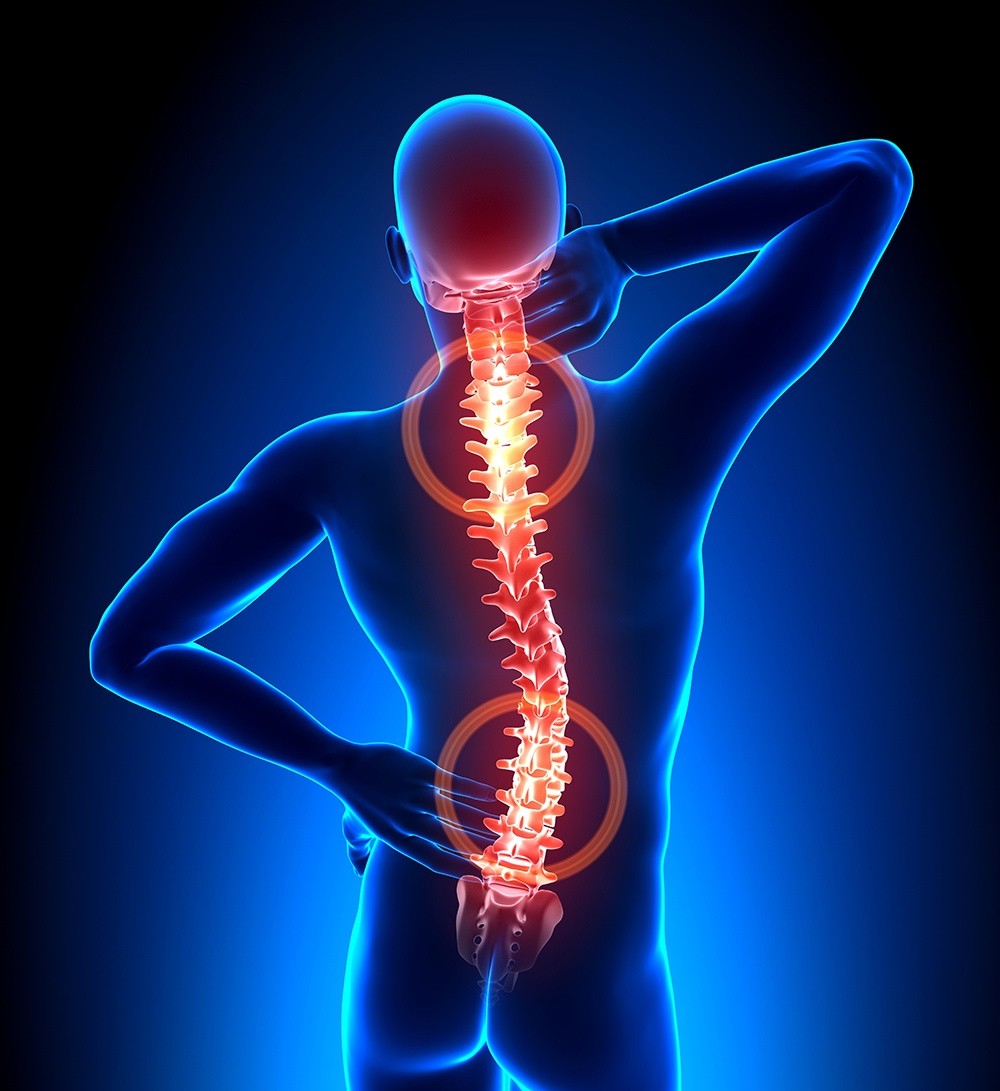- PATIENT FORMS | REQUEST A CONSULTATION | CONTACT US
- 1-844-NSPC-DOC
First G20 World Brain Mapping & Therapeutic Scientific Summit Brought Together Scientists, Dignitaries to Discuss Forming Global Neuroscience Alliance
Drs. Stecker and Rak To Speak At First G20 World Brain Mapping & Therapeutic Scientific Summit In Australia
October 13, 2014
New Technologies Lead to Safer Spinal Stenosis Surgery for Back Pain Sufferers
December 3, 2014Long Island Physician-Scientists Drs. Rak and Stecker Played Key Roles
ROCKVILLE CENTRE, NY – The First Annual G20 World Brain Mapping & Therapeutic Summit, which took place November 13 in Brisbane, Australia, was a great success and surpassed expectations, according to Ramin Rak, M.D., F.A.A.N.S. Dr. Rak is Co-Surgical Director of the Long Island Brain Tumor Center at NSPC Brain & Spine Surgery (NSPC) and Executive Board member of the Society for Brain Mapping & Therapeutics (SBMT). He will chair the Science Committee for the SBMT’s 2018 World Brain Mapping and Therapeutics Congress, which will be held in New York. He spoke at the summit about direct brain mapping in awake brain surgery, an area in which he has extensive expertise and experience.
Another noted Long Island physician-scientist — Mark Menniti Stecker, M.D., Ph.D., Chairman, Department of Neurosciences, Winthrop-University Hospital – addressed the gathering on the topic of brain mapping with electrical signals. Drs. Rak and Stecker were two of three scientific speakers who represented the U.S.
The purpose of the summit was to bring together leading scientists and government representatives from the G20 nations – and beyond – to share the latest neuroscience research and to start discussions on how the countries can collaborate on initiatives to better understand the human brain and develop therapies to treat neurological and psychiatric conditions.
“This meeting was a great start in getting many leading nations to start developing a cooperative effort to address this challenge. Participation in the summit was even greater than we had hoped for.” said Dr. Rak
“No individual nation’s budget can sustain the investment necessary to tackle the challenge of effectively treating the many brain disorders that urgently need cures,” said Dr. Rak.
Among the nations represented were the United States, Canada, Australia, India, South Africa, France, Turkey, Italy, Saudi Arabia and Dubai, as well as European Union (EU), which sent the Co-Director of its Human Brain Project. The meeting featured addresses by U.S. Rep. Earl Blumenauer (Co-Chair of the Congressional Neuroscience Caucus), U.S. Rep. Chaka Fattah (Chair of the Fattah Neuroscience Initiative), Canadian MP Kirsty Duncan, representatives of the Australian government, and other invited dignitaries from numerous nations, as well as presentations on brain mapping-related topics by leading neuroscientists from research institutes and government agencies from across the globe. At a gala following the summit, participants had the opportunity to meet members of the I-20, the G20-sponsored group that advocates for scientific innovation and represents approximately 130 organizations involved in, or supporting, emerging life sciences companies.
The summit will become an annual event, with next year’s meeting taking place in Turkey.
“I am very happy that Australia took the lead on this topic,” said Dr. Babak Kateb, Chairman of the Board of the SBMT and Research Scientist, Department of Neurosurgery, Cedars-Sinai Medical Center. “We are already working with our Turkish colleagues to plan the next G20 World Brain Mapping Summit.”
The G20 summit was organized and supported by the SBMT and its Australasian Pacific chapter, along with the Brain Mapping Foundation, Compumedics, Inc., and Amen Clinics.
According to published studies, disorders of the brain (both neurologic and psychiatric) account for 13% of the global disease burden, surpassing both heart disease (5%) and cancer (10%). The incidence of some devastating brain diseases – including Alzheimer’s – will increase dramatically across the globe in coming years.
The purpose of the summit was to create a scientific consortium of nations that will develop a global action plan focused on: the systematic study of the brain; a well coordinated global response to the rising burden of neurological disorders and global alignment of related policies; a well-planned assessment of the future health and economic impact of brain disease, diagnostics and prevention; translation of technologies across scientific disciplines in order to rapidly identify and introduce a new generation of therapeutics, including stem cells; unifying global regulations and guidelines on clinical trials and drug/medical device discovery; and developing global partnerships and new funding initiatives across academic, educational, industry and non-profit organizations.
The summit supported and sought to expand on President Obama’s Brain Research through Advancing Innovative Neurotechnologies (BRAIN) Initiative and the European Union’s Human Brain Project – both of which are aimed at revolutionizing our understanding of the brain and developing new treatments — as well as the neuroscience initiative recently announced by the Australian government.
To learn more about the Society for Brain Mapping and Therapeutics and the G20 Summit, visit www.worldbrainmapping.org.
For additional information on Accuray™ CyberKnife®, please visit www.accuray.com.
